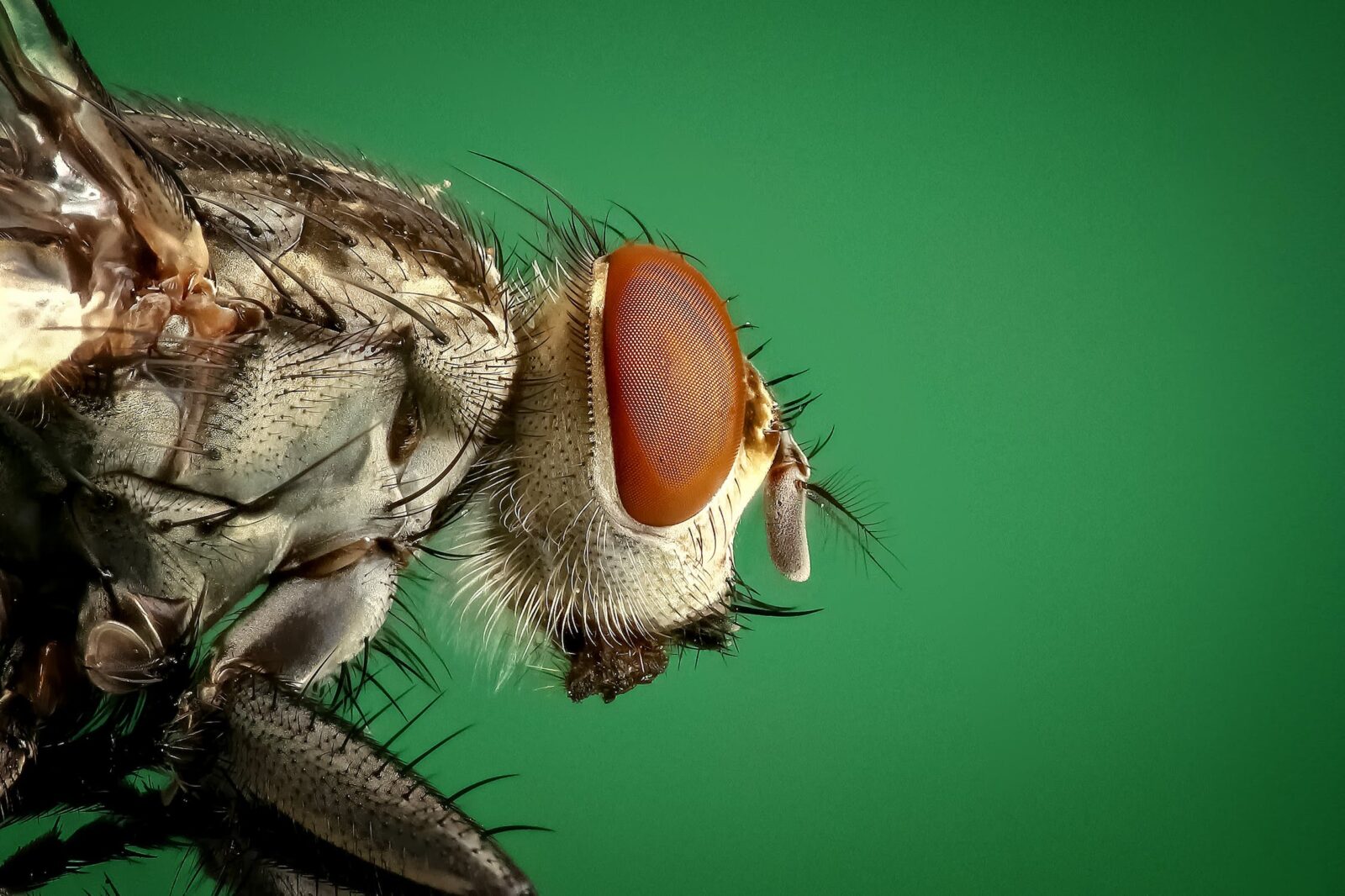Pests can be a constant source of frustration and stress at home. Whether it’s ants invading your kitchen or termites silently devouring your home’s structure, it’s important to take proactive measures toward home pest management. You can know how to prevent pests and keep your home pest-free with the right strategies.
As stated on CBS News, “Pest control isn’t done just for your peace of mind. It’s vital to your health and safety, as many insects and rodents can carry diseases that are harmful to the health of your family and pets.”
This guide will cover a range of common household pests, from ants to termites, and provide practical tips and solutions for pest infestation prevention.
From Ants to Termites: Home Pest Control Tips and Prevention for Every Pest Problem
Ants
Ants are one of the most common household pests. To prevent them from entering your home:
- Maintain cleanliness and avoid leaving any forms of food exposed.
- Repair any leaks or areas of moisture in and around your home as well.
- Caulk and seal all possible entry points for ants, such as cracks in walls and floors, and replace any damaged screens on doors and windows.
Ant bait is an easy solution to get rid of ants already in your home.
Place bait near their nest, along ant trails, and anywhere else they’re heavily infested. The bait will attract ants and eliminate them.
Bed Bugs
Bed bugs are a common household pest that can cause a lot of discomfort. The first step to getting rid of them is to thoroughly clean and vacuum infested areas. This commonly includes mattresses, bed frames, and surrounding furniture. You should then seal any cracks or crevices in the walls or floors, as well as any holes or gaps in furniture or electrical outlets. Pair vacuuming with steam cleaning to thoroughly kill bed bugs and their eggs.
To prevent future infestations, regularly inspect your home and belongings for signs of bed bugs, such as small blood spots on sheets or the presence of live bugs. When traveling, inspect hotel rooms and luggage for bed bugs before bringing them into your home. Only buy used furniture or clothing thoroughly inspecting them first. Finally, consider using mattress encasements and bed bug traps to catch any potential infestations early.
Cockroaches
Cockroaches are one of the most resilient pests and can be a nightmare to get rid of once they infest your home.To prevent cockroaches, remove all sources that attract them. This covers exposed food and water. Keep your kitchen clean, store food in sealed containers, and fix any leaks or dripping faucets. Along with this, seal all entry points by caulking cracks and gaps in walls, floors, and baseboards.
To eliminate existing cockroaches, use bait stations or gel baits placed in areas where they are likely to travel, such as along walls and under sinks. You can also use insecticide sprays or dusts in cracks and crevices. Follow the label instructions and use caution around pets and children. If you’re dealing with a large infestation, it’s best to enlist the help of professional pest control.
Fleas
Fleas come from outdoors and can be brought into the home by pets. Once inside, they can quickly infest carpets, furniture, and bedding. If your pet has had the misfortune of catching fleas, the first step to getting rid of them is to thoroughly clean and vacuum all areas of your home. This covers where your pet spends time, including carpets, rugs, and furniture. Be sure to dispose of the vacuum bag or contents immediately after vacuuming. Wash all bedding, towels, and pet bedding in hot water to kill any fleas or eggs that may be present.
Next, treat your pet with a flea control product recommended by your veterinarian. This can include flea collars, topical solutions, or oral medications. Be sure to follow the instructions carefully and treat all pets in your home.
Flies
Flies can be quite a nuisance in the home, but there are several ways to get rid of them and prevent their return. First, identify and eliminate any potential breeding grounds, such as rotting food or garbage. Regularly taking out the trash and keeping food stored in sealed containers can help with this. Additionally, sealing any cracks or gaps in doors and windows can prevent flies from entering the home. To further deter flies, consider using natural repellents such as essential oils, such as lavender or peppermint, or making a homemade trap using apple cider vinegar and dish soap. Sticky fly traps can also be effective at catching and eliminating flies. Screens on windows and doors can also prevent flies from entering.
Mosquitoes
To get rid of mosquitoes, you can start by eliminating their breeding grounds. Mosquitoes lay their eggs in stagnant water, so make sure to empty any standing water in your yard, such as in bird baths, plant saucers, or buckets. You can also use mosquito nets to cover windows and doors or invest in screens to keep mosquitoes out. Mosquito traps and insecticides can also be effective in killing adult mosquitoes, but be sure to follow the instructions carefully and avoid using them excessively.
To prevent mosquitoes from entering your home, make sure to keep doors and windows closed, especially during peak mosquito activity hours in the early morning and evening. You can also use mosquito-repellent sprays, lotions, or candles to deter them from landing on you.
Rodents
Rodents like mice and rats can be a nuisance in your home. First, identify their entry points and seal them up using steel wool, caulk, or expanding foam insulation. To get rid of rodents within your home, set up traps or bait in active areas, and dispose of dead rodents properly. Keep your home clean, store food in sealed containers, and remove clutter.
To prevent rodents from entering your home, keep the outside free of debris, store firewood away from the house, and seal any cracks or holes promptly.
Spiders
Getting rid of spiders requires a combination of prevention and elimination techniques. To prevent spiders from entering your home, seal any cracks or gaps in your walls, windows, and doors, and keep your home clean and clutter-free. Spiders like to hide in piles of clutter, so keeping your home tidy can reduce their hiding places.
To eliminate spiders, you can use a spider repellent spray or a natural remedy such as peppermint oil. Place sticky traps in areas where spiders are commonly found, such as corners of rooms or behind furniture. You can also vacuum spiders and their webs as you see them. If you have a serious spider infestation, consider calling pest control for effective treatment.
Termites
To get rid of destructive termites, first identify infested areas by looking for mud tubes, swarmers, or hollow-sounding wood. Termite baits and liquid termiticide treatment are common options for treatment, but both require professional assistance due to the use of toxic chemicals.
Regarding termites, prevention is key and can be achieved by eliminating wood-to-ground contact, treating construction wood with a termite-resistant solution, inspecting foundations for entry points, reducing moisture, and scheduling regular termite inspections with professionals.
Since household pests are a common problem, there are plenty of options for home pest prevention. As a general rule of thumb for home pest management, covering up entry points and making your home inhospitable to them is the best form of home pest prevention. In the case of infestation, a thorough cleaning and utilizing the appropriate poison is often enough to get your home pest-free.








